Voice 1
Welcome to Spotlight. I’m Alice Irizarry.
Voice 2
And I’m Andrew Devis. Spotlight uses a special English method of broadcasting. It is easier for people to understand, no matter where in the world they live.
Click here to follow along with this program on YouTube.
Voice 1
Imagine walking almost nine kilometers through ice and snow. Imagine carrying a fifty-liter backpack weighing twenty-one kilograms for your whole trip. Imagine wind so cold it burns your face. Imagine your fingers and toes turning white. Imagine you are not walking straight ahead but straight up. Imagine struggling to breathe because the air is so thin. Imagine your body aching. Imagine fighting to take one more step. Imagine you are climbing the tallest mountain in the world. Now, imagine doing it all blind. You cannot see anything around you. But now you are standing on the top of the world.
Voice 2
Today’s Spotlight looks at the life of Erik Weihenmayer. Erik is blind. But he has climbed many impressive mountains. He has inspired people around the world. He has done things no one thought he could do without sight. He has become a leader to many.
Voice 1
Weihenmayer has retinoschisis. With retinoschisis the back of the eye splits into two layers. Usually, this affects adult men and women. But sometimes it happens to children. This is called juvenile retinoschisis. The National Organization of Rare Disorders says:
Voice 3
“The disorder is a slow loss of parts of the field of vision. Often the final result is complete blindness.”
Voice 2
Erik Weihenmayer was only four years old when he was diagnosed with this disorder. By the time he was fourteen, he was completely blind. Erik said:
Voice 4
“I was afraid that I was not going to be able to do much in life.”
Voice 1
But Erik’s parents encouraged him to get involved in wrestling at school. The sport of wrestling involves physically grabbing your opponents and holding them down. Erik became very good at wrestling. He was even the leader of his high school team. Then he discovered rock climbing. He said:
Voice 4
“Shortly after going blind, I heard about a group taking blind kids rock climbing. I thought to myself, ‘who would take a blind kid rock climbing?’ So, I signed up!”
Voice 2
Erik immediately loved climbing. He learned to use his hands while climbing the way others used their eyes. His hands searched the rocks for cracks in the mountain. This helped him know where to place his hands and feet. He did not plan his way up the mountain as other climbers did. He could not see anything above him. He learned to focus on what he could feel and touch in front of him.
Voice 1
After graduating from college, Erik moved to Arizona to be a teacher. He went rock climbing every weekend with a group of friends. They decided to climb Denali, the tallest mountain in North America. Afterward, Erik said:
Voice 4
“I thought how amazing to make your life this great adventure. Just go to every continent and climb the tallest mountain.”
Voice 2
Over the next few years, Erik managed to climb the tallest mountains on three different continents – Mount Kilimanjaro in Africa, Aconcagua in South America, and Mount Vinson in Antarctica. Then he took on the challenge of climbing the tallest mountain in the world, Mount Everest. It is in the rugged Himalayan mountains of Asia. Many experts did not think Erik could make it to the top of Everest. Mountain climbers call the area above 8000 the “death zone.” That high altitude has less oxygen. A person’s brain and lungs do not work well. Everest’s summit 8848 meters high. Experts thought the “death zone” – combined with his blindness – would prove too much for him. But Erik was determined to succeed. He found a good team of experienced climbers to guide him. He got financial support from the National Federation of the Blind. In 2001 he and his team made it all the way to the top of Mount Everest. Erik became the first blind person to reach the highest summit in the world.
Voice 1
The Seven Summits are the tallest mountains on each of the seven continents. Only a few hundred people have climbed all seven. After Erik climbed Mount Everest, he climbed the remaining highest mountains in Europe and Australia to complete his “Seven Summits” record. He is the only blind person to have done what seemed impossible.
Voice 2
Erik then learned to kayak. A kayak is a small boat with an oar that has a blade on each end. But Erik did not want to relax on a calm lake. He wanted to kayak four hundred and 442 kilometers on the Colorado River. That part of the Colorado River runs through Grand Canyon National Park in Arizona. That part of the river has many dangerous sections of rapids and sharp rocks. He trained for six years to prepare for this adventure. He and the nine other people on his team successfully kayaked the entire Grand Canyon in twenty-one days. Erik said:
Voice 4
“I do not care whether people climb mountains or kayak. But we are hoping people look within themselves. I want others to ask themselves, ‘What are we capable of doing’?”
Voice 1
Erik has written three books. Several documentary films have been made about his life. Time Magazine featured him on the cover. Erik started a nonprofit organization called No Barriers. No Barriers helps people overcome problems and obstacles in their lives. He constantly looks for new challenges. He searches for new ways to grow as a person. He refuses to accept any limits, including his own blindness. Fellow mountain climber Chris Morris said:
Voice 5
“Erik is mentally one of the strongest guys you will ever meet.”
Voice 2
Whether on a mountain, on a river, or in a classroom, Erik Weihenmeyer clearly sees life as a great adventure.
Voice 1
What is the toughest challenge you are facing today? What are some ways you have tried to overcome it? How could others help you to succeed? You can leave a comment on our website at www.spotlightenglish.com. You can also find us on YouTube, Facebook, Instagram, and X. You can also get our programs delivered directly to your Android or Apple device through our free official Spotlight English app.
Voice 2
The writer of this program was Peter Anderson. The producer was Michio Ozaki. The voices you heard were from the United States and the United Kingdom. All quotes were adapted for this program and voiced by Spotlight. This program is called, “Seeing Clearly: The Erik Weihenmayer Story.”
Voice 1
We hope you can join us again for the next Spotlight program. Goodbye.
Question:
What is the toughest challenge you are facing today? What are some ways you have tried to overcome it? How could others help you to succeed?

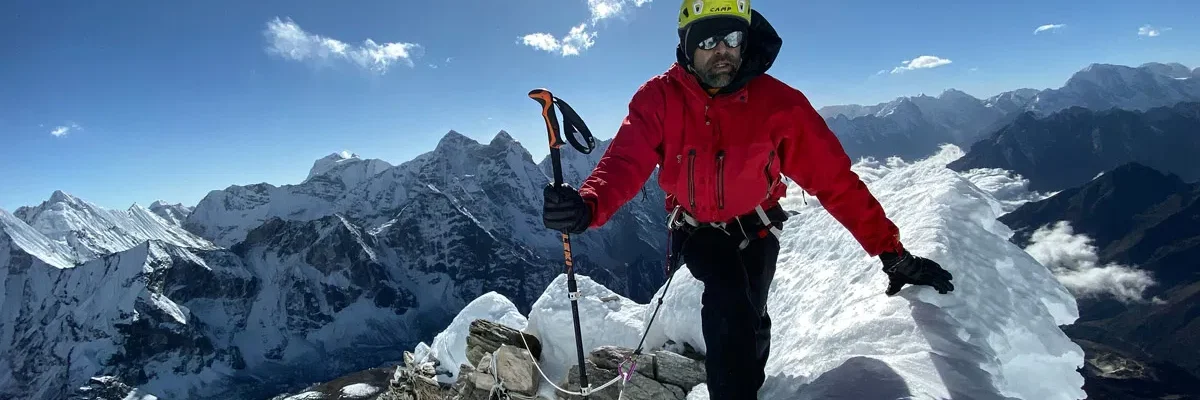

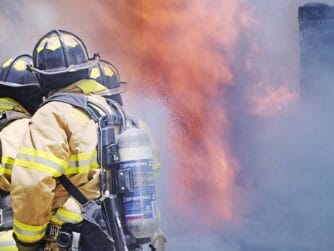
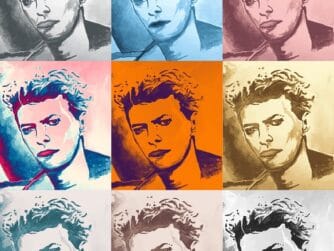

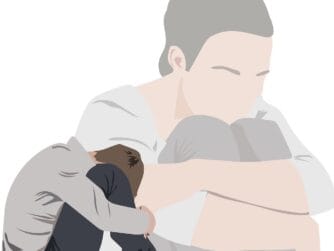
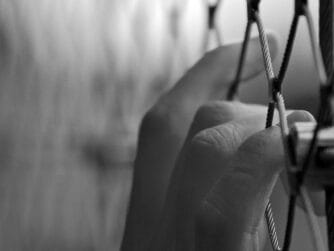
What is the toughest challenge you are facing today?:
Too much homework
Respect for him.
The toughest challenge I faced was during my baccalaureate year. At the beginning, I worked very hard. I stayed up late and tried to balance my studies, my family responsibilities, and my mental health. My teachers believed in me and expected me to get the highest marks. But then the war started in my country. We had to leave our home and move to Lebanon, where my father was already working. It was safer, but it came at the cost of my education.
I moved to an area far from any real school environment. I tried to continue my studies using YouTube lessons. I watched the material, but I had no time for reviews or exams. I had no real support, and many of my friends in the same situation gave up completely. But I refused to lose hope. I believed that things would somehow work out. With this belief, I went to the exam and passed with a score of 65%. It was not equal to all the effort I had put in, but I was thankful.
Now, I see this experience as an achievement. Even at a young age, I faced war, displacement, and lack of resources, yet I still managed to succeed. I hope my story can encourage other young people my age: even when life is difficult, we can still overcome and move forward. Like Erik, I want to see challenges not as limits, but as opportunities to grow.
Thanks for sharing your experience! You are right; We don’t like the difficult times, but if we approach them with a positive attitude, they can help us grow.
Definitely you have a good program that will have us to get our challenge with learning English. I hope to our skills, grammar, and vocabulary.